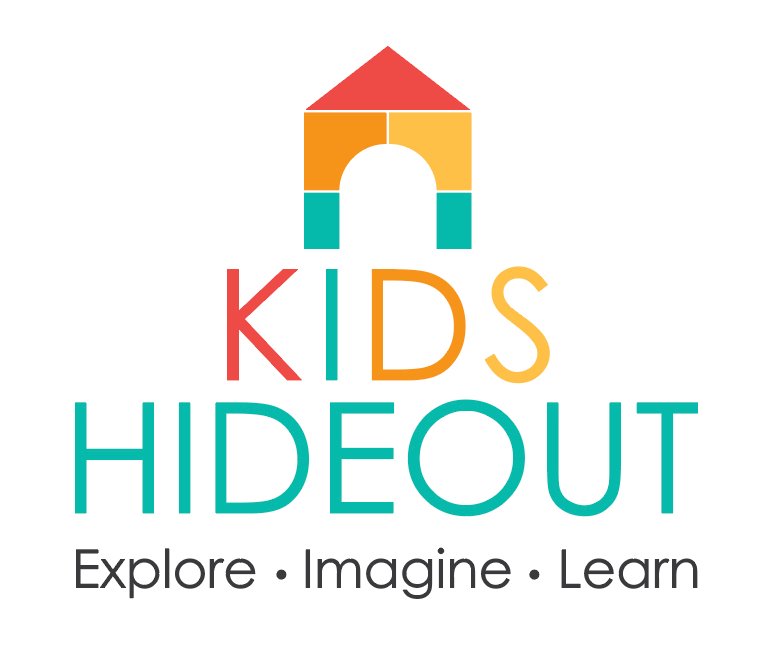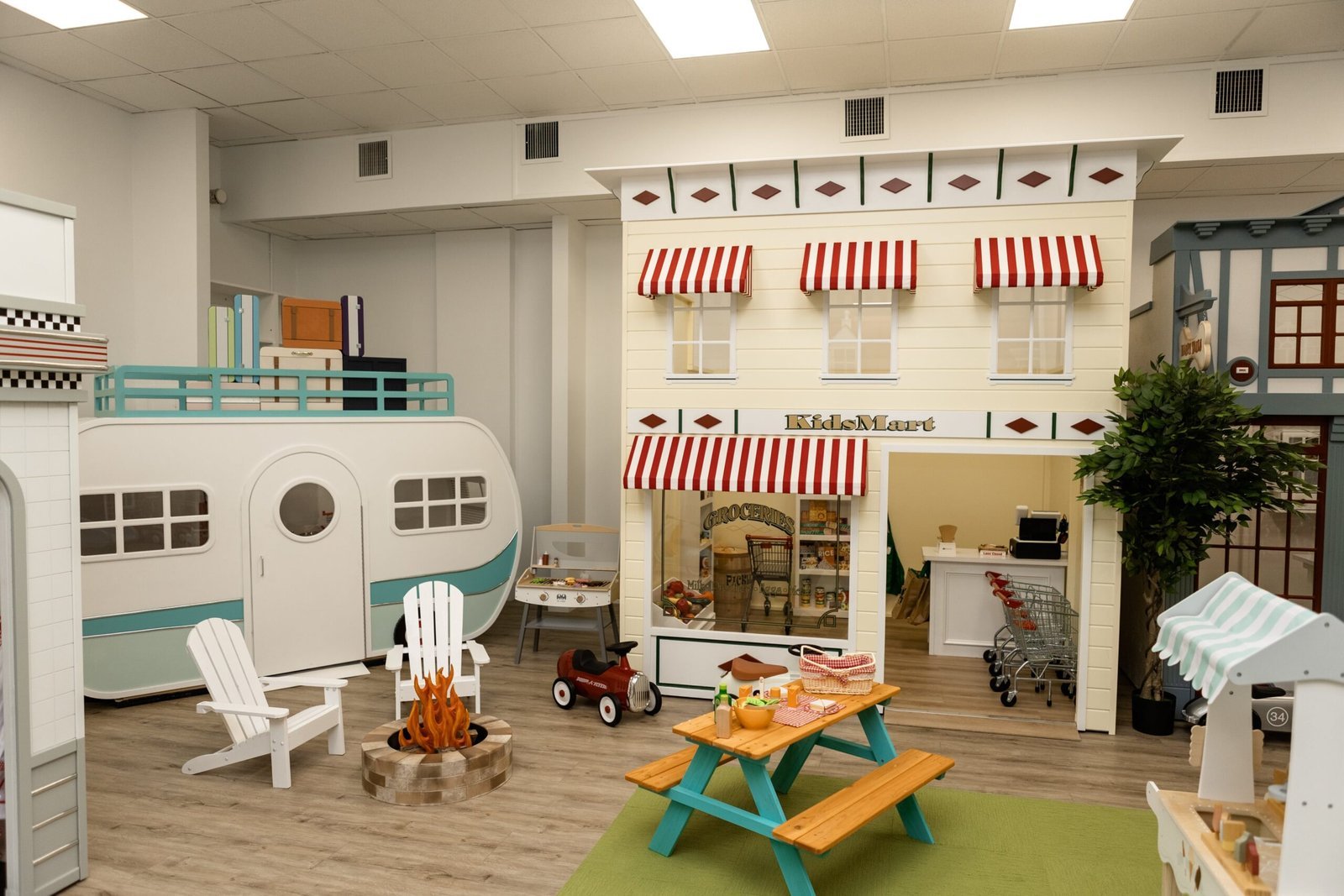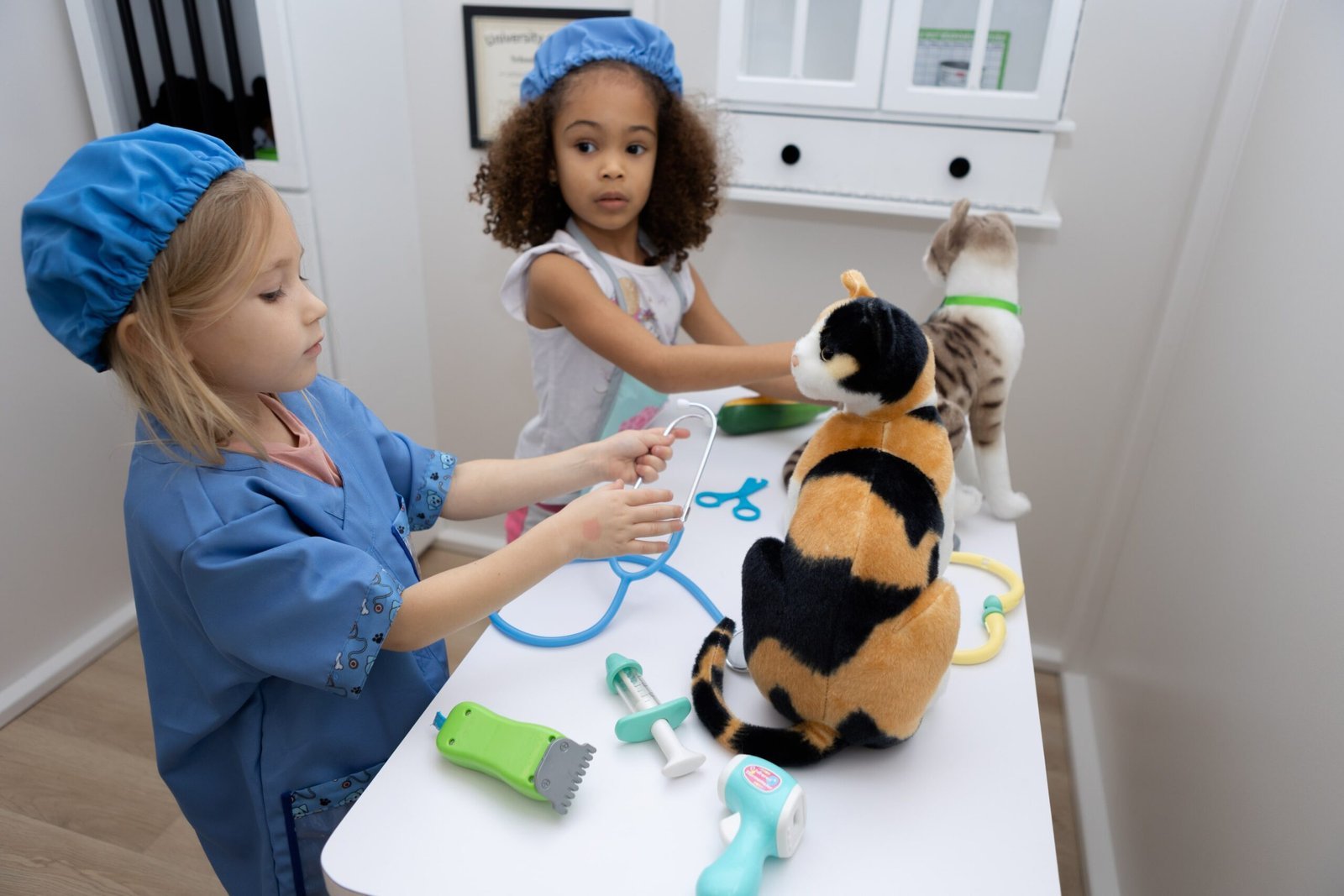
Est. 2021 · Fort Lauderdale, FL
About Kids Hideout
Fort Lauderdale’s boutique indoor playground for babies, toddlers, and kids up to 6 — where screen-free pretend play sparks imagination, and every birthday party is exclusively yours.
Small Space. Big Hearts. Real Play.
Why We Exist
We started Kids Hideout because we saw a gap no one was filling. Most indoor playgrounds in Fort Lauderdale are built for big kids—older children running at full speed, towering structures, sticky floors, and screens on every wall. But what about the little ones? The crawlers, the first-steppers, the curious toddlers and imaginative preschoolers just beginning to make sense of the world?
We built Kids Hideout for them first.

How We’re Different
Small on purpose. Our boutique indoor playground is clean enough for tiny hands and bare feet. Every surface, every corner—spotless. Because your baby deserves to crawl freely, explore fearlessly, and play without limits.
No big kids running around. No chaos. No crowding. Just a calm, joyful space where toddlers and little ones can be little—safely. This is the safest indoor play area in Broward County for your youngest.
No screens. No tablets. No arcade. No shortcuts. Here, children use their imagination through pretend play—they dress up, create art, cook in our play kitchen, build worlds, and discover who they are. The way childhood was meant to be.
We know your family by name. This isn’t a warehouse with a play area. Kids Hideout is a neighborhood hideout where every visit feels personal, every child is seen, and every parent can actually relax — grab a coffee, catch up on work, or simply watch your little ones play safely in full view.

Our Promise
We promise you a space where you can take a breath. Where you don’t have to hover because you know your child is safe in our clean, intimate indoor playground. Where clean means actually clean. Where small means intentional. Where play means growth.
We believe small is better. We believe clean matters. We believe screen-free pretend play changes everything.
We also believe parents deserve to be part of the magic — to dress up, get silly, and be a kid once again alongside their little ones. And because this community raised us, we give back: discounted play for first responders and teachers, partnerships with local schools and charities, and a door that’s always open.
This is Kids Hideout. A little place for big beginnings.
Our Story
Kids Hideout was born from a real moment of frustration. A Fort Lauderdale mom was searching for somewhere safe and clean for her little ones to play — and kept coming up empty. The big indoor playgrounds felt old and overwhelming. Towering structures built for older kids. Sticky surfaces. Arcade machines flashing and beeping in every corner. And the worst part? She spent every visit chasing her toddlers up slides, anxious and exhausted, instead of actually enjoying the moment with them.
She knew other parents felt the same way. So instead of waiting for someone else to fix it, she built it herself — a small, boutique, spotlessly clean indoor playground designed from the ground up for babies, toddlers, and little ones up to six. A real-life mini-city built to scale for children, where kids explore, play pretend, create art, and develop through imaginative play. A space where parents can finally take a breath, enjoy a coffee, even catch up on emails — all while watching their children play safely just a few feet away.
What started as one mom’s wish for her own kids has become Fort Lauderdale’s favorite hideout for families — and she’s still here every day, running Kids Hideout with the same love she pours into raising her own children. Since 2021, the space has hosted thousands of play sessions, hundreds of birthday parties, and welcomed a growing community of parents who believe childhood should be screen-free, hands-on, and full of wonder. Built by a mom, for other moms.
Safe
A secure, supervised environment where kids can play freely
Clean
Spotless facilities maintained to the highest hygiene standards
Creative
Imaginative play spaces that inspire curiosity and learning
Fun
Non-stop entertainment and joy for kids of every age
What Kids Build Here
Every visit to Kids Hideout is more than play — it’s growth in action. Our spaces and classes nurture the skills that matter most in early childhood.
Creativity & Imagination
Dress-up, role play, and art projects that let kids dream, create, and express who they are.
Early Stimulation
Sensory-rich environments and structured classes that support cognitive development from the earliest stages.
Social Skills & Teamwork
Sharing, taking turns, and collaborating in our pretend-play city teach kids how to connect with others.
Fine & Gross Motor Skills
Climbing, building, drawing, and dancing develop coordination through active, hands-on play.
Parent-Child Bonding
Mommy & Me classes, shared play, and magical moments where adults get to be kids once again alongside their little ones.
Music & Rhythm
Zumbini and interactive music sessions that build coordination, language skills, and joy from day one.
Ready to Experience Kids Hideout?
Book your visit or plan an unforgettable birthday party today.
Explore Parties →